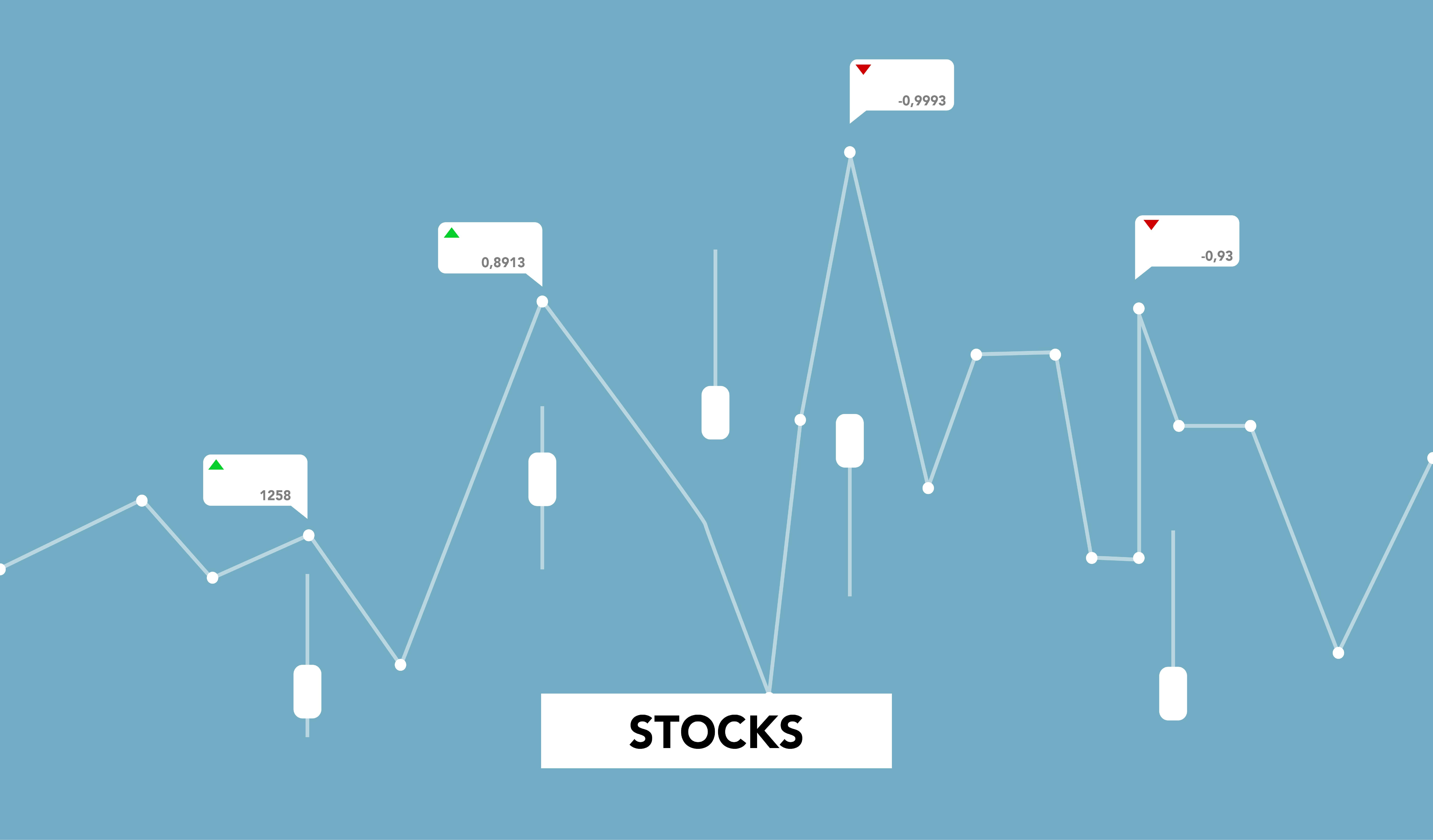Tepid Treasury Demand Drives Bond Yields Up, Stocks Down

New York, USA — Tepid demand for new US Treasury auctions has driven bond yields up, leading to a noticeable decline in major stock indices. The higher yields reflect increased borrowing costs, which can pose risks to economic growth and corporate profitability. This has led to a broad retreat in the equity markets as investors reassess their risk exposure.
Background
US Treasury auctions are a critical mechanism through which the government raises funds to finance its operations. Investors purchase Treasury securities, effectively lending money to the government in exchange for periodic interest payments and the return of principal at maturity. Historically, Treasuries have been considered a safe investment, attracting strong demand from both domestic and international investors. However, recent trends in the bond market have shown signs of weakening demand, culminating in the current situation.
Tepid Demand for US Treasuries
Recent Treasury auctions have seen lackluster interest from investors, raising concerns about the attractiveness of US government debt at current price levels. Several factors have contributed to this tepid demand, including rising inflation expectations, potential shifts in monetary policy, and global economic uncertainties. The weak demand has pushed bond prices down, causing yields to rise as investors require higher returns to compensate for perceived risks.
Rising Bond Yields
Bond yields and prices move inversely; as demand for bonds falls, prices drop and yields rise. The recent increase in bond yields indicates higher borrowing costs for the government, businesses, and consumers. Historically, yields on US Treasuries have served as a benchmark for various interest rates across the economy. The current rise in yields signals a shift towards tighter financial conditions, potentially dampening economic activity.
Impact on Stock Markets
The rise in bond yields has had a pronounced impact on the stock markets. Higher yields make bonds more attractive relative to stocks, leading to a reallocation of investment portfolios. Additionally, rising borrowing costs can squeeze corporate profit margins and reduce consumer spending, creating a less favorable environment for equities. The sectors most impacted by the sell-off include technology, real estate, and utilities, which are particularly sensitive to changes in interest rates.
Major indices, such as the S&P 500, Dow Jones Industrial Average, and Nasdaq Composite, have all experienced declines as investors react to the bond market developments. High-profile companies across various sectors have also seen their stock prices fall, reflecting broader market anxiety.
Investor Sentiment and Market Behavior
Investor sentiment has shifted in response to the bond market changes. As bond yields rise, investors often move funds from riskier assets like stocks to the perceived safety of bonds, exacerbating the sell-off in equities. This shift in preferences highlights the sensitivity of the stock market to changes in interest rates and broader economic indicators.
Market volatility has increased as traders react to the evolving situation, leading to more pronounced swings in stock prices. This heightened volatility can create uncertainty, prompting further cautious behavior from investors.
Economic Implications
The long-term effects of higher bond yields on the economy could be significant. Increased borrowing costs can hinder business expansion and reduce consumer spending, potentially slowing economic growth. Higher yields also influence mortgage rates and other forms of consumer credit, impacting the housing market and broader financial conditions.
Monetary policy may also be affected, as central banks consider the implications of rising yields in their interest rate decisions. The Federal Reserve, for example, may need to balance the need for economic support with the risks of inflation and financial stability.
Expert Opinions and Forecasts
Financial analysts and economists have offered varied insights into the current market dynamics. Some view the rise in bond yields as a necessary correction reflecting economic fundamentals, while others warn of potential risks to growth and stability. Predictions for future trends suggest continued volatility, with yields likely to remain a key focus for investors.
Experts recommend that investors adopt a cautious approach, diversifying portfolios to manage risks associated with both equities and fixed income securities. They emphasize the importance of monitoring economic indicators and central bank communications to navigate the uncertain market environment effectively.
Conclusion
Tepid demand for new US Treasury auctions has driven bond yields up, leading to significant declines in major stock indices. This development underscores the interconnected nature of financial markets and the impact of changing interest rate expectations on investor behavior. As the economic landscape continues to evolve, the future movements of bond yields and stock markets will be closely watched by investors and policymakers alike. The current trends highlight the need for careful risk management and strategic investment decisions in an increasingly volatile environment.
Gyrostat Capital Management: Why Risk Management Is Not About Predicting Risk
Why Risk Management is Not About Predicting Risk Financial markets reward confidence, but they punish certai... Read more
Gyrostat January Outlook: Calm At Multiyear Extremes
This monthly Gyrostat Risk-Managed Market Outlook does not attempt to forecast market direction. Its p... Read more
Gyrostat December Outlook: The Market Does The Work
Harnessing Natural Volatility for Consistent Returns Markets have always moved more th... Read more
Gyrostat Capital Management: Why Advisers Must Scenario-Plan Both The Bubble And The Bust
The Blind Spot: Why Advisers Must Scenario-Plan Both The Bubble and The Bust In financial m... Read more
Gyrostat Capital Management: The Hidden Architecture Of Consequences
When Structures Themselves Become A Risk In portfolio construction, risk is rarely where we look for it.... Read more
Gyrostat November Outlook: The Rising Cost Of Doing Nothing
Through the second half of 2025, markets have delivered a curious mix of surface tranquillity and instabi... Read more

